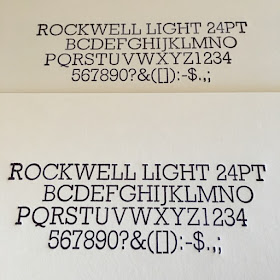“I have noticed that when all the lights are on, people tend to talk about what they are doing—their outer lives. Sitting round in candlelight or firelight, people start to talk about how they are feeling—their inner lives. They speak subjectively, they argue less, there are longer pauses. To sit alone without any electric light is curiously creative. I have my best ideas at dawn or at nightfall, but not if I switch on the lights—then I start thinking about projects, deadlines, demands, and the shadows and shapes of the house become objects, not suggestions, things that need to done, not a background to thought.”
Jeanette Winterson, from “Why I adore the night”
I simply love this reflection on the difference between darkness and light and the impact they each have upon us.
With the lights on, we tend to talk about externalities; within the darkness we turn inwards.
The words made me stop and think about do people argue less when it is dark, and I honestly think they do. Sitting around a fire it is quieter, the pauses are longer and I don't really recall heated discussions at all. Interesting. Oftentimes, people just sit in silence and stare.
Even the way Ms Winterson suggests that turning on a light, is like flicking a switch to action - to focus, to activity, to deadlines, projects and doings...that we lose the suggestion and the background when things are fully illuminated, is so insightful.
I wonder how easy it would be to increase those moments of quiet darkness, shadow and reflection in one's days?
What a way with words she has, and what an observer of the oft unnoticed moments she is.
More things can be spoken of in the dimness...
Cromarty 2018.
Jeanette Winterson, from “Why I adore the night”
I simply love this reflection on the difference between darkness and light and the impact they each have upon us.
With the lights on, we tend to talk about externalities; within the darkness we turn inwards.
The words made me stop and think about do people argue less when it is dark, and I honestly think they do. Sitting around a fire it is quieter, the pauses are longer and I don't really recall heated discussions at all. Interesting. Oftentimes, people just sit in silence and stare.
Even the way Ms Winterson suggests that turning on a light, is like flicking a switch to action - to focus, to activity, to deadlines, projects and doings...that we lose the suggestion and the background when things are fully illuminated, is so insightful.
I wonder how easy it would be to increase those moments of quiet darkness, shadow and reflection in one's days?
What a way with words she has, and what an observer of the oft unnoticed moments she is.
More things can be spoken of in the dimness...
Cromarty 2018.




















































